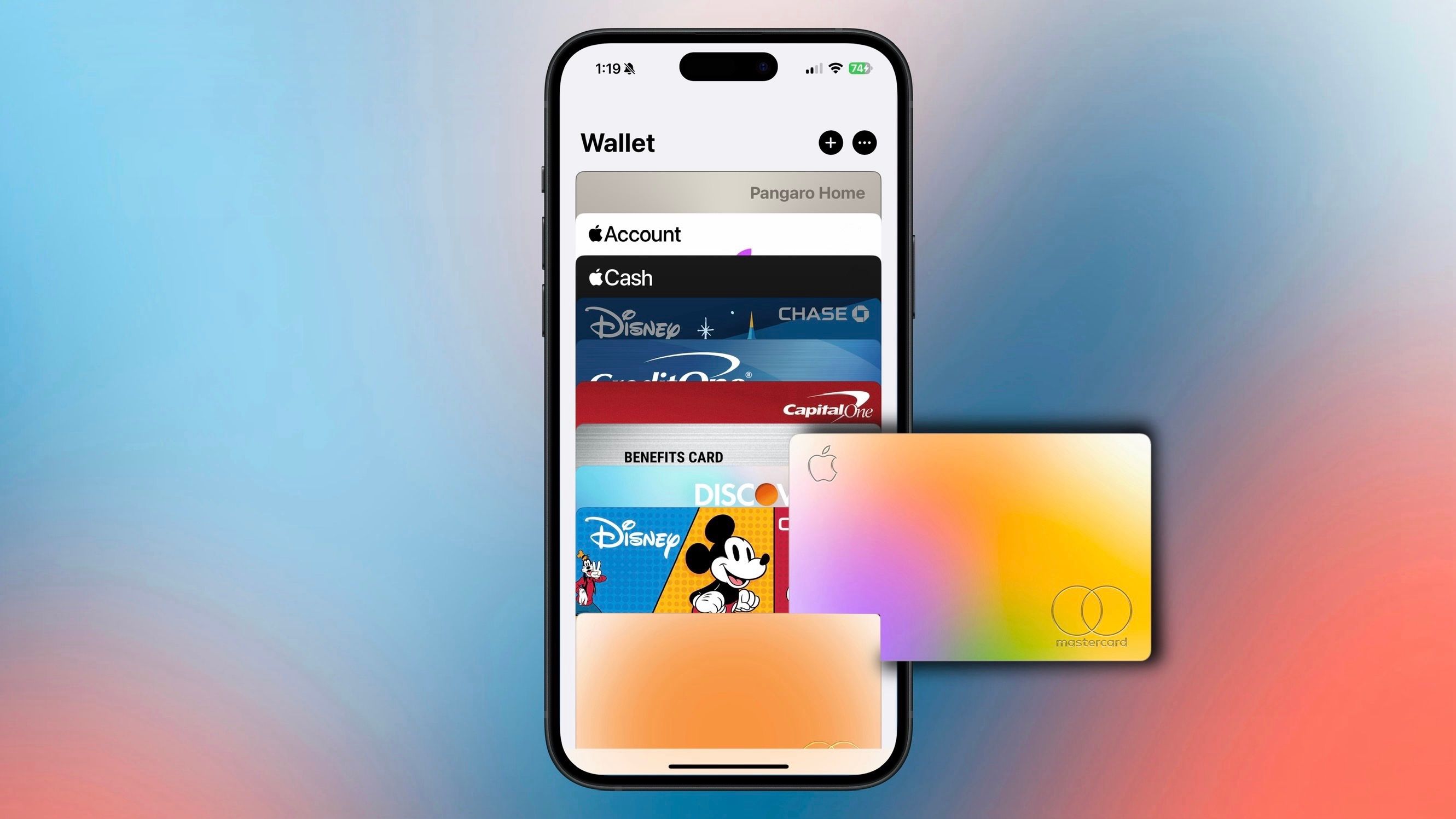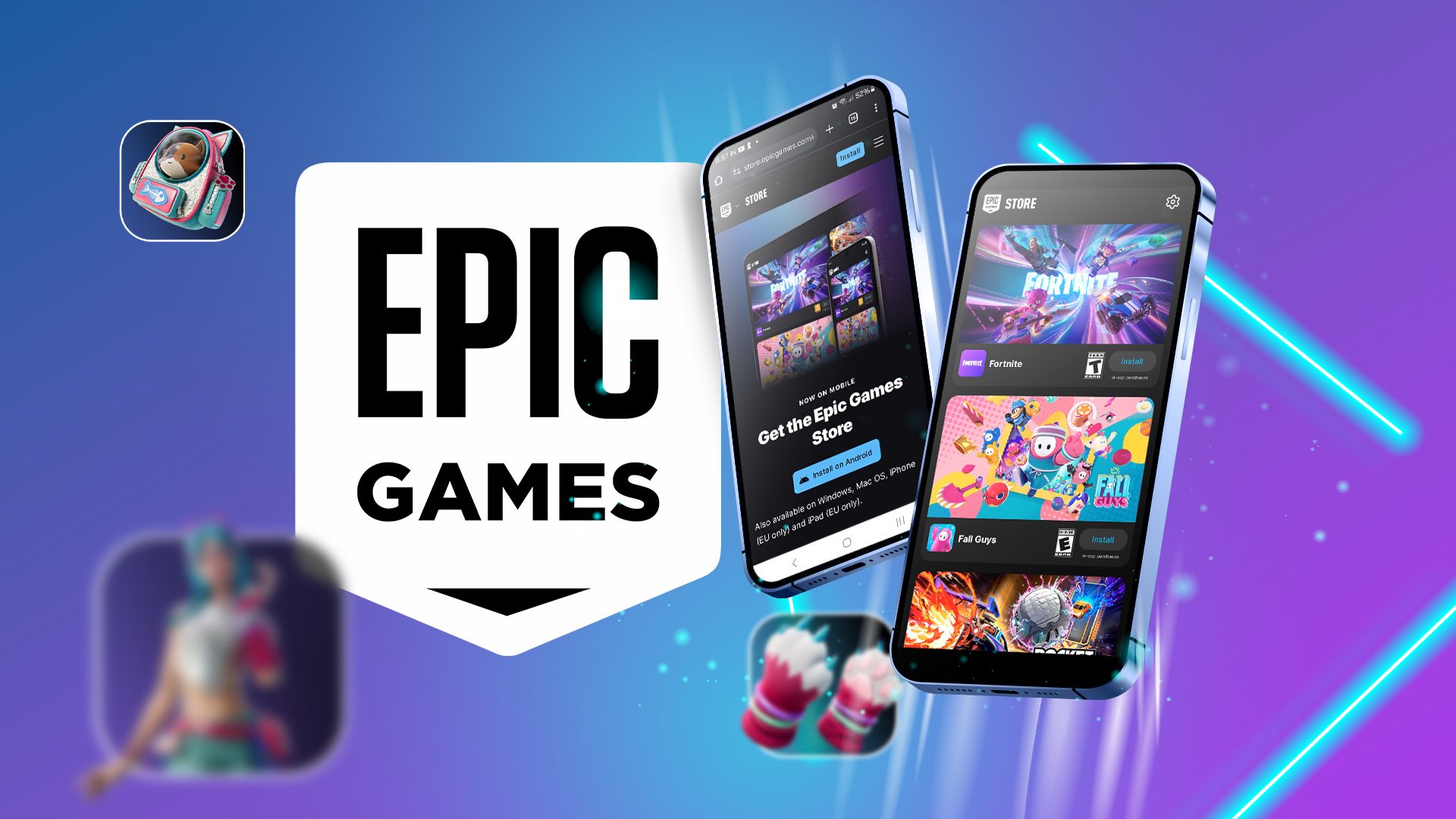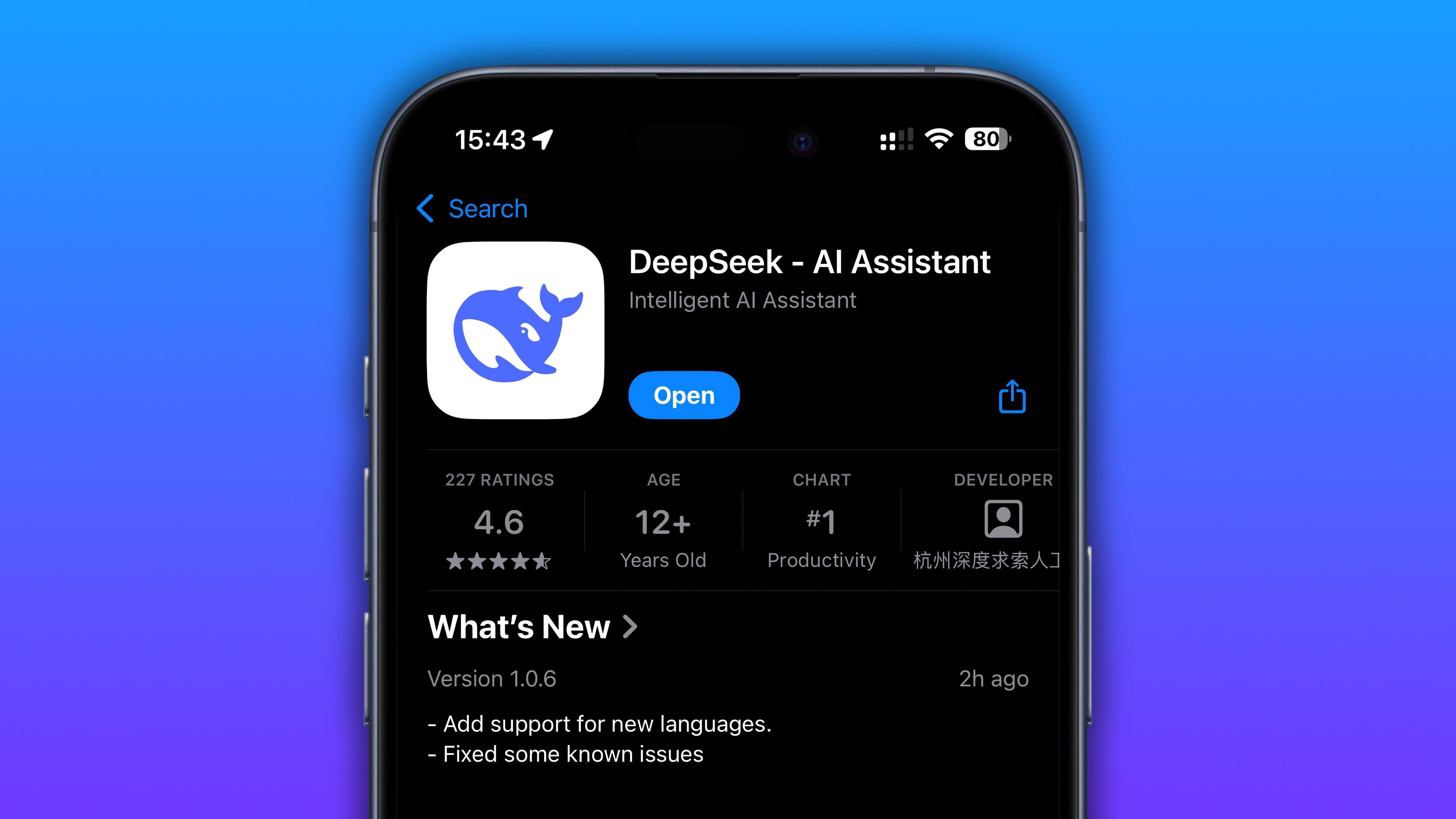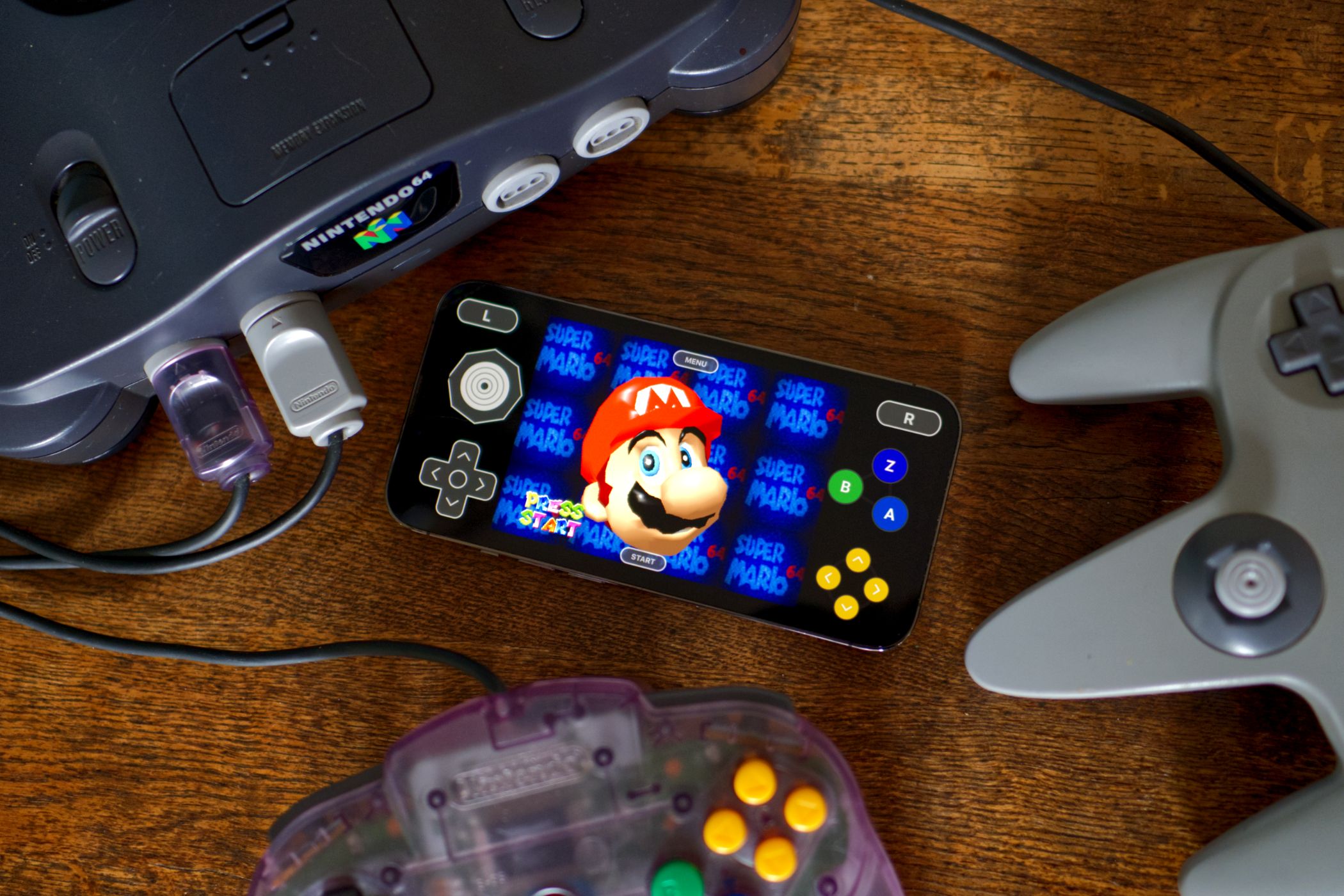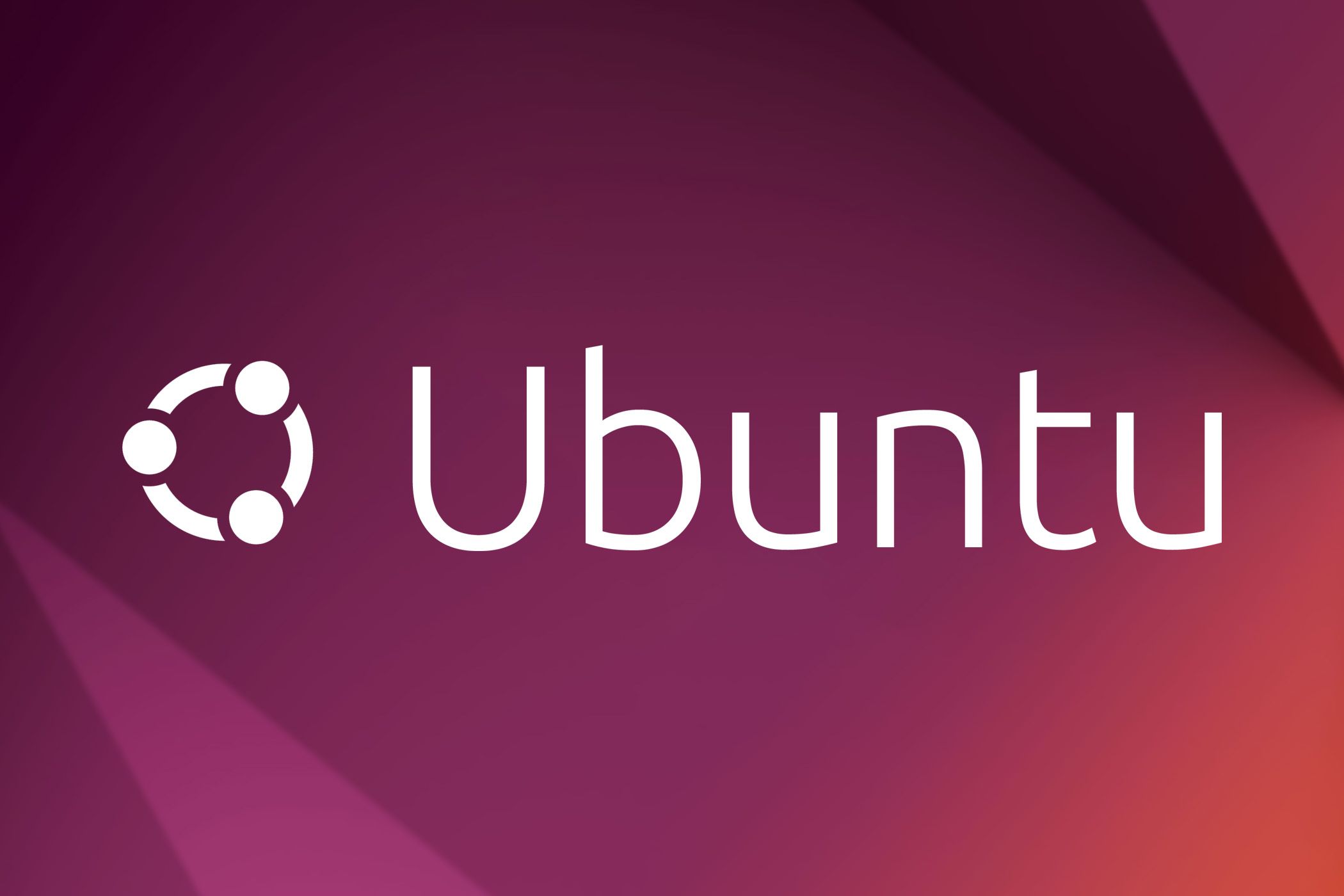Epic Games Store on Android Proves That the iPhone Needs Third-Party Stores
Summary
- Apple’s App Store has basically no competition, which is bad for consumers both in terms of innovation and pricing.
- On Android, the Epic Games Store offers a variety of games not found on Google Play Store.
- Alternative marketplaces go far beyond games, offering a way for developers of all apps to circumvent some of Apple’s more restrictive App Store guidelines.
Not satisfied with giving Steam a run for its money, Epic Games has now set its sights on the Android ecosystem. The gaming giant responsible for classics like Unreal Tournament, the engine after which it was named, and more recently Fortnite now offers a brand new way to get games on non-iOS devices.
As an iPhone user outside of the European Union, I think it’s probably time for iOS and iPadOS users to get a slice of the action.
Competition Is Always Good for Consumers
Nobody benefits more from competition than the end user, regardless of what is being sold. Whether it’s apps, cars, or phone plans; market monopolies (and even duopolies) push up prices, stifle innovation, and lead to poorer outcomes for you and me.
This is one area that Apple has been able to tightly control. Outside the EU, where alternative App Stores are now required by law, Apple controls the primary means of getting apps and games onto your device. It’s where you buy, download, discover, and update your apps.
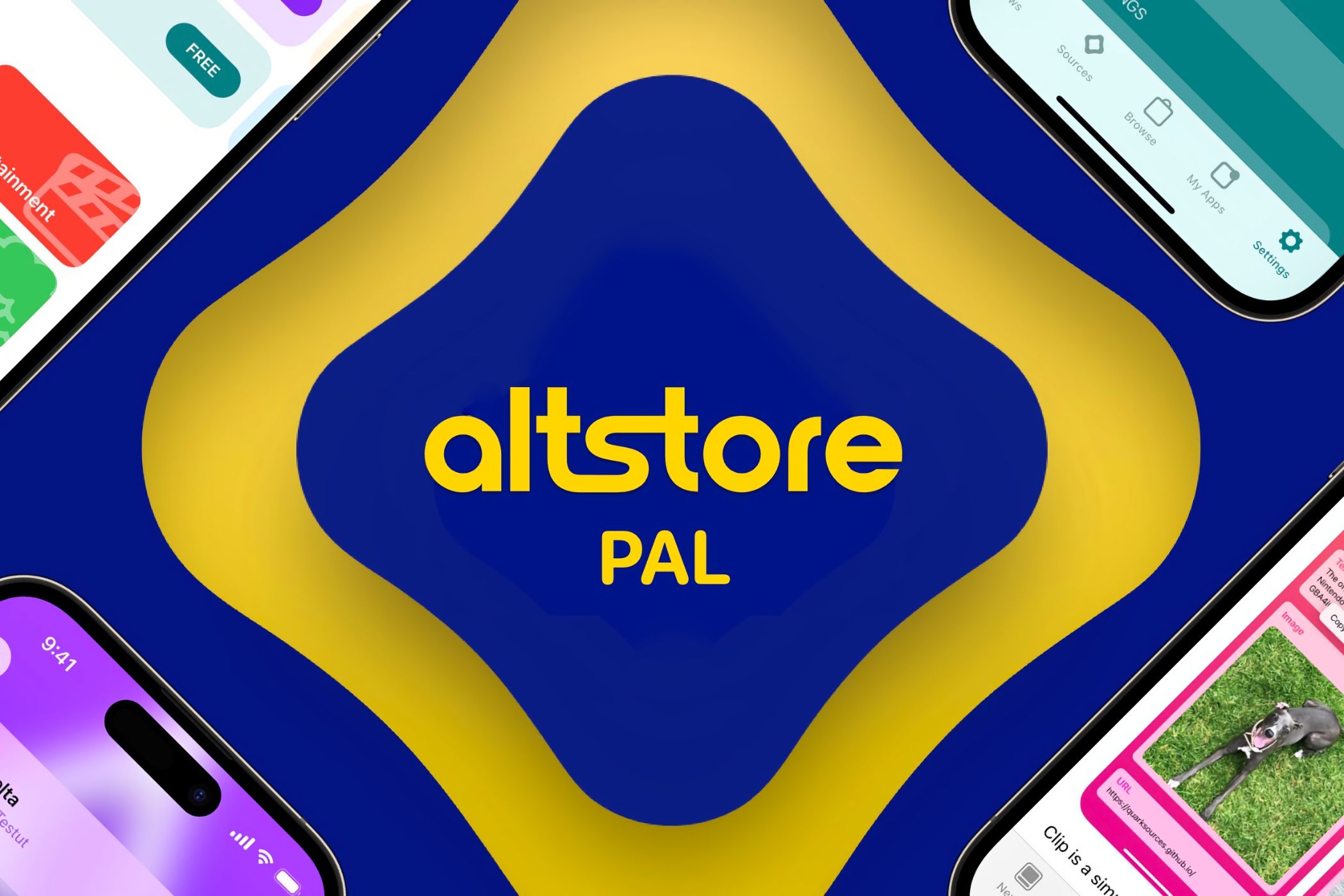
Related
AltStore PAL Is Now Free for EU Users
Thanks to financial backing from Epic Games.
The App Store was something of an innovation when it was first introduced to iPhone users in 2008. It standardized the messy process of getting software onto a mobile device, which previously relied on file transfers and sketchy on-device downloads. But in the years since the App Store has become a pillar of Apple’s walled-garden approach to software.
Apple insists that a tightly controlled marketplace leads to a more secure ecosystem, where developers must satisfy the company’s strict policies to pass the App Store review process. While there is some merit to this argument, it comes at a cost. At some point, you have to question how special the iPhone is compared to a device like the Mac, where apps like Steam exist happily alongside the Mac App Store.
Apple’s approach to third-party software already prioritizes security and privacy. Not only are apps sandboxed, the end user tightly controls what they can access whether it’s precise or rough location services, Photos and Music libraries, which folders can be read or written to, and much more.
Epic Is Bringing a Wider Variety of Games to Android
How-To Geek’s Bertel King has already embraced the Epic Games Store on Android by purchasing games via the platform. Bertel cited game availability as one of the main reasons for doing so, with none of these titles (Figment 1 _and 2, or The Forest Quartet_) available on the Google Play Store yet.
Epic has a history of offering app developers and publishers incentives to release games on its platform. Programs like Epic First Run offer developers “100% net revenue of user spending on eligible products in their first six months of exclusivity on the Epic Games Store” which reverts to an 88-12% split thereafter.
While exclusivity and bringing more apps to a platform are not necessarily the same thing, the knock-on effects of programs like this could have wide-reaching positive effects. If you’re a developer who is uncomfortable sacrificing 30% of your proceeds to Apple for porting an app or game to the platform is really worth your time, something like Epic First Run could just be the push you need.
Once again, this is good for competition. It incentivizes Apple to counter this sort of offer with its own. That’s great for developers. While fragmentation for end users is a concern, not having all of your purchases under one store isn’t necessarily the hassle many of us make it out to be.
Once you’ve bought or downloaded an app, updates should be taken care of automatically. You might even find that, in the case of stores like Epic, your purchases work across platforms. PC ports make up some of the best games on mobile platforms, and even Apple is getting in on cross-buying with games like Assasin’s Creed Shadows available on Mac, iPad, and iPhone via a single purchase.
App Store Discovery Could Use Some Work
Finding good apps and games on the App Store is difficult. The marketplace is crowded, and while Apple does a fair job of highlighting rising apps and success stories, many of the best apps go unnoticed. This is a problem with many crowded first-party stores, from the App Store to Google Play, and even Nintendo’s eShop on the Switch (and soon, the Switch 2).
I don’t download apps like I used to back when “there’s an app for that” made the App Store a big selling point, but I still like to dabble. Most recommendations come from social media, frantic web searches, and the odd news story. Rarely do I open the App Store purely to browse for apps. The charts are a wasteland of things I’ve already got, don’t need, or free-to-play junk.
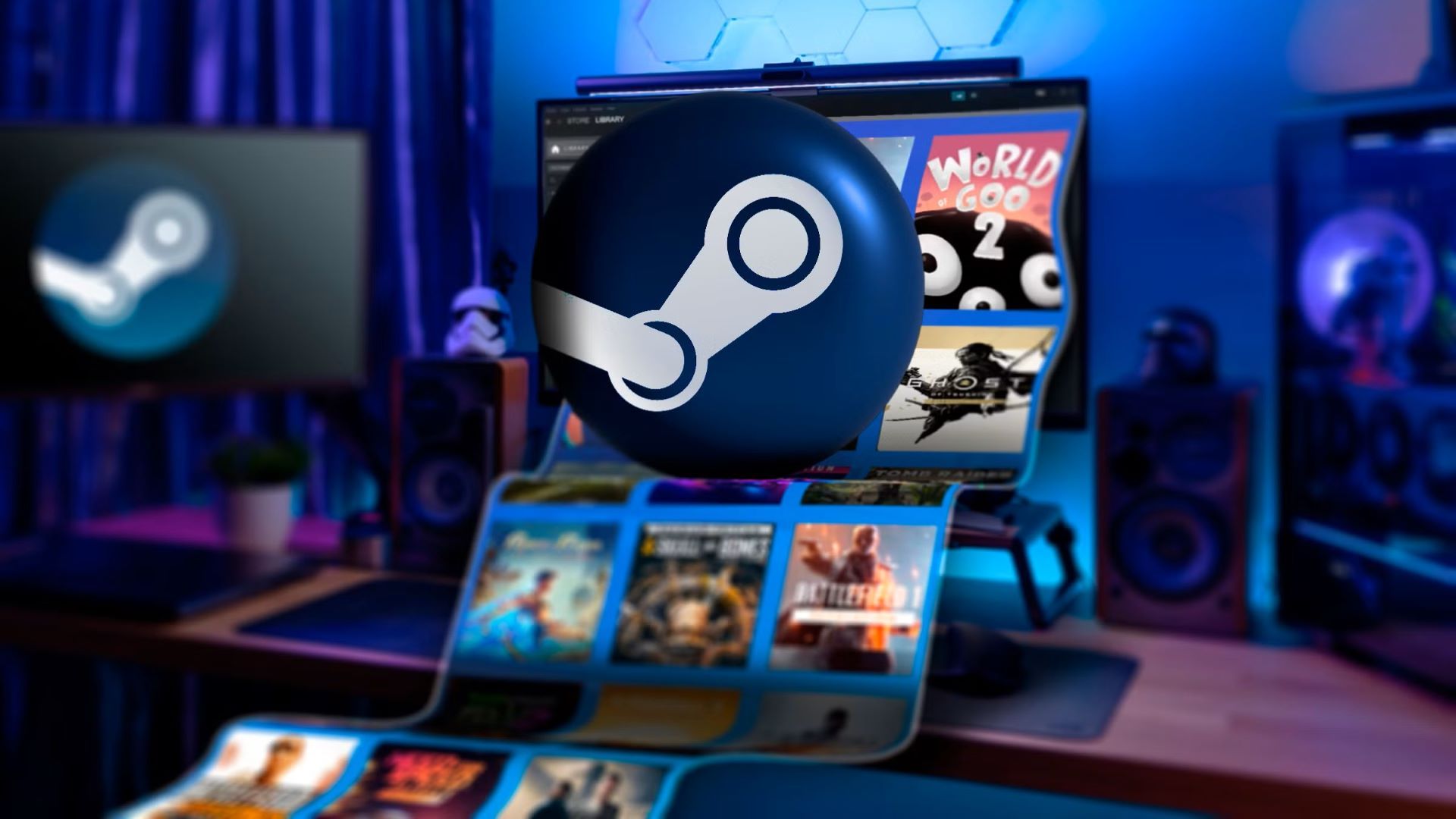
Related
10 Reasons Steam is Still King of the PC Games Market
This is why Steam can’t be touched.
Conversely, Steam does a great job of recommending games I actually want to play. The front page showcases new releases, significant discounts, viral early access titles, and other interesting tidbits. There’s a whole queue of games for me to discover based on my purchases. And there’s a wishlist, a feature that Apple nonsensically removed from the App Store many years ago. A marketplace dedicated to games could be a great thing indeed.
Alternative App Stores Aren’t Subject to Apple’s Rules
Perhaps the most tantalizing argument in favor of third-party marketplaces is being able to do away with some of Apple’s restrictive App Store guidelines, which is the main way that Apple controls what is and is not permissible on its platform. Apple notes that even software distributed through third-party App Stores is subject to “a baseline review that applies to all apps, regardless of their distribution channel, focused on platform policies for security and privacy and to maintain device integrity.”
Apple goes on to state that these apps “receive an age rating, but some apps might offer content that wouldn’t be allowed on the App Store.” So these apps are, as part of the notarization process, checked for “malware, viruses, or other security threats,” whether or not they come from Apple, a third-party app store, or even a website. It’s also worth pointing out that stores will have their own policies governing appropriate content.
These stores are perfect for niche apps that fall foul of Apple’s guidelines. Before Apple relaxed its policy in 2024, emulators were not allowed on the App Store. You can now download emulators like Delta and RetroArch right from the App Store, which was pretty much a direct response to the launch of third-party App Stores in the EU.
Without wanting to sound like I’m beating a dead horse, competition once again forced Apple’s hand. The company would rather make changes to a longstanding policy to effectively neuter the competition if it means that fewer iPhone and iPad users will end up using different marketplaces.
The EU Already Has Alternative App Stores
Since the EU ruling forced Apple’s hand, there are already several alternative app marketplaces operating for users in the block. These include AltStore and an alternative platform for SetApp subscribers to download apps. So far, the sky hasn’t fallen.








